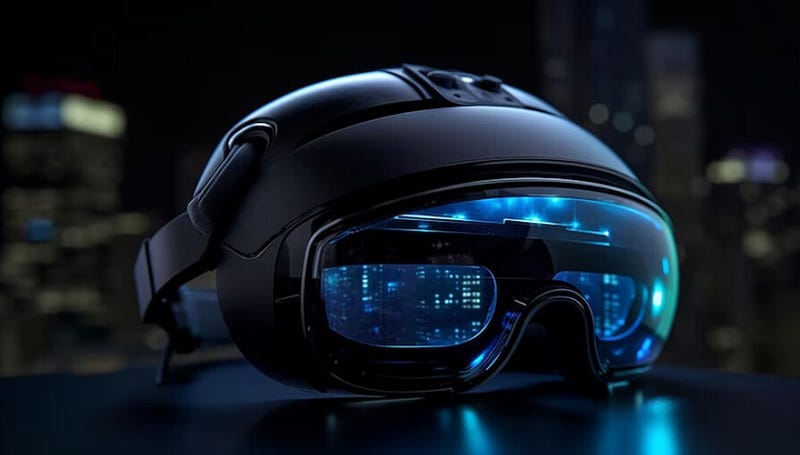Meta’s Next Quest Pro Might Be a Team-up With LG
According to a report, Meta is said to be collaborating with LG to introduce a follow-up to its premium Quest Pro virtual reality headset in 2025. As reported, the Maeil Business indicates that Meta has entered into a partnership agreement with LG.
It is speculated that the resulting headset could be priced at approximately $2,000 and utilize LG displays, in addition to components sourced from LG subsidiaries such as LG Innotek. Moreover, the Maeil Business Newspaper suggests that Meta may unveil a budget-friendly Quest headset in 2024, potentially costing less than $200.
Meta has not yet responded and certain aspects of the report appear to be perplexing. A $200 price point would represent a significant reduction in price compared to the current Quest for consumers; the Quest 2 is currently sold for $299, although Meta briefly attempted to raise the price, and the upcoming Quest 3 has been announced at $499.

Additionally, the report suggests that the new high-end headset will be named the “Meta Quest 4 Pro,” which would deviate from Meta’s current practice of maintaining separate numbering conventions for the Quest and Quest Pro lineups.
On the contrary, $2,000 would represent approximately twice the cost of Meta’s Quest Pro, which initially launched at $1,499 and later dropped to $999. However, the report plausibly suggests that Meta intends to position the new high-end Quest as a competitor to Apple’s $3,499 Vision Pro headset, which was not available when the Quest Pro was first introduced.
Meta’s VR Strategy and Collaborations
In general, the report aligns with Meta’s previous actions in the virtual reality (VR) field. Although a $200 price point would be exceptionally affordable, The Verge has previously reported that a budget-friendly headset with the codename Ventura is indeed in the works for 2024, with a potential successor to the Quest Pro following afterward.
Additionally, as noted by UploadVR, Meta (formerly known as Facebook) has a history of releasing VR headsets in collaboration with other companies, such as the Lenovo-branded Oculus Rift S, the Xiaomi-manufactured low-end Oculus Go, and the Samsung-produced mobile Gear VR.
However, it’s important to note that none of these headsets were regarded as the most thrilling offerings from Meta/Facebook at the time of their launch, which contrasts with how Meta has positioned the Quest Pro.
The Rift S represented Meta’s final wired-only headset before shifting its focus entirely to the all-in-one Quest lineup. The Go served as a lower-tier alternative to both the Rift and Quest, and the Gear VR was an extremely affordable option in comparison to the cutting-edge Rift of that era.
One potential exception could be Meta’s prominent collaboration with Ray-Ban on smart glasses. However, Meta also characterized this as an initial venture into augmented reality. The Pro has been presented by Meta as a platform for experimenting with innovative VR technology that will eventually find its way into their more budget-friendly, mass-market products.
If the LG joint venture proceeds, it could potentially fulfill a similar role, but it would likely need to differentiate itself from some of Meta’s previous partnerships to do so effectively.
Conclusion
Reports suggest that Meta’s collaboration with LG for a high-end VR headset could challenge the market, potentially priced at $2,000. This aligns with Meta’s past VR strategies, including plans for a budget-friendly headset in 2024.
However, it’s important to note that prior collaborations haven’t always yielded the most groundbreaking products. As Meta explores these partnerships, it remains to be seen how they will shape the future of VR.